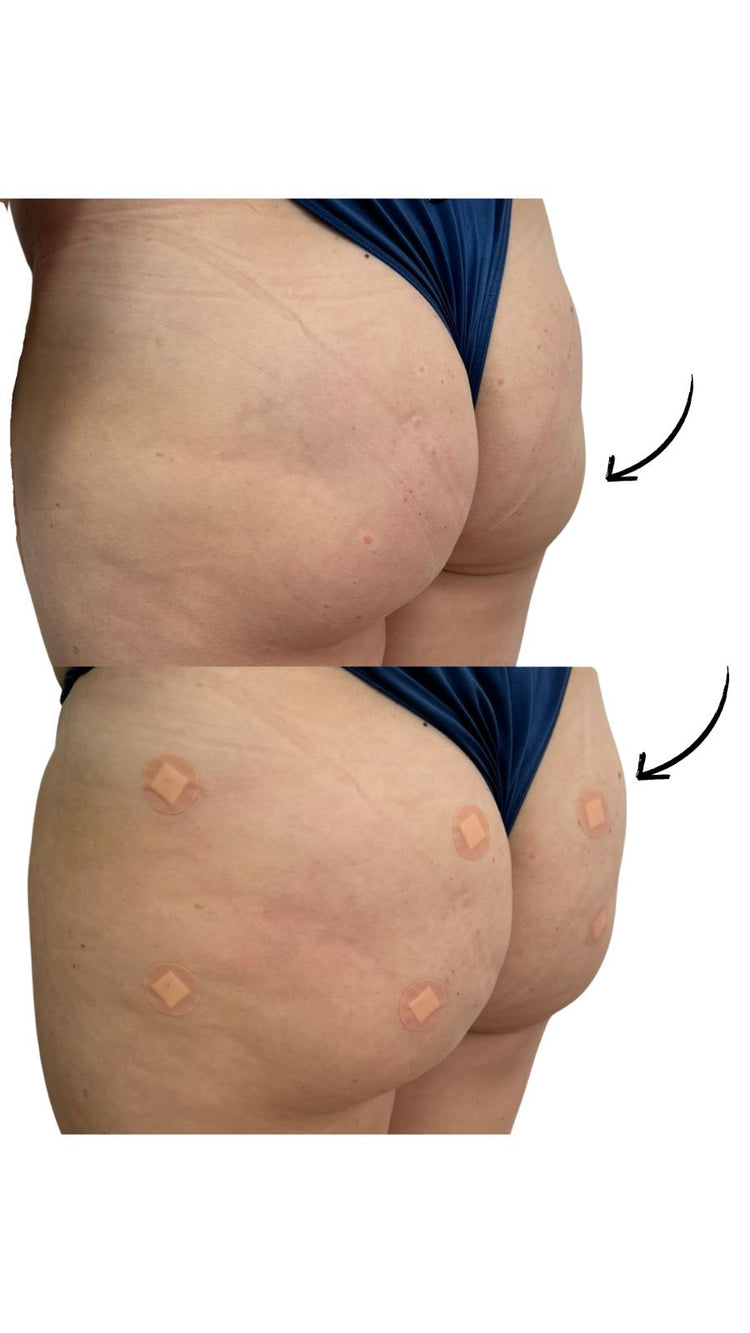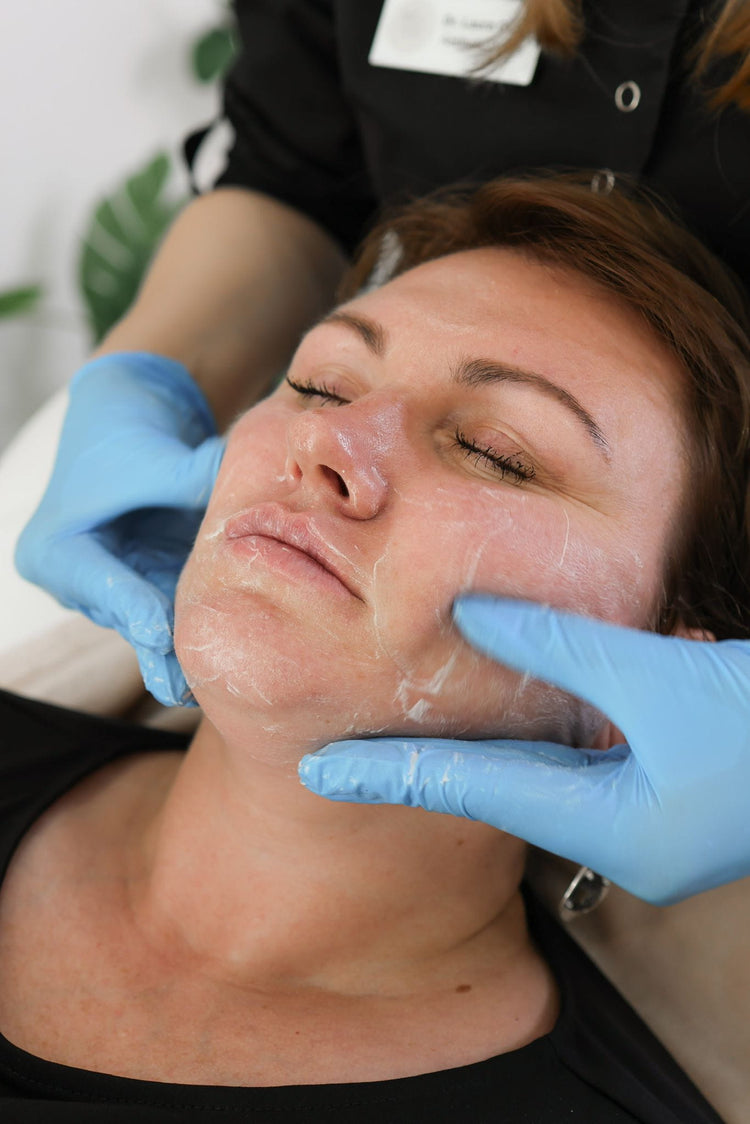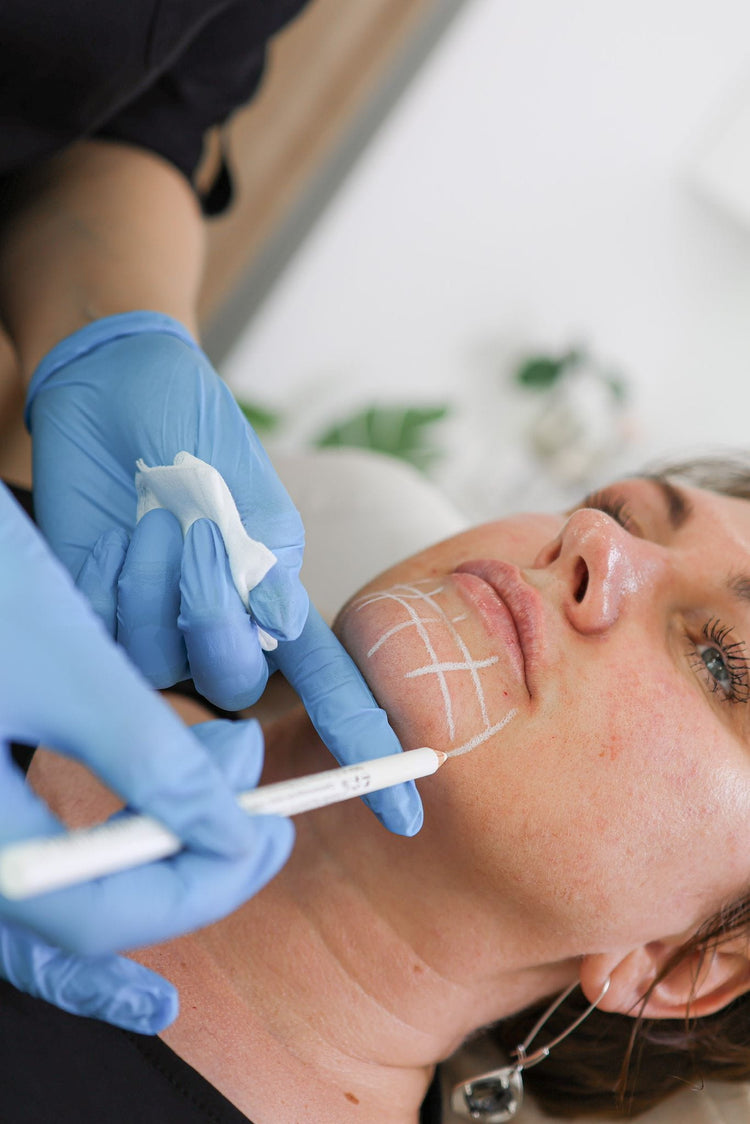Potential Risks for Sensitive Skin
Sensitive skin presents unique challenges when considering cosmetic procedures, including injectables like Botox and fillers. Individuals with sensitive skin are more prone to irritation, allergic reactions, and prolonged redness or swelling compared to those with less reactive skin types.
Allergic Reactions
Potential risks for sensitive skin include heightened sensitivity to the ingredients in injectables, a greater likelihood of experiencing allergic reactions, and an increased risk of bruising or prolonged inflammation at the injection site. Individuals with sensitive skin may also notice more prominent redness, swelling, and tenderness following treatment compared to others.
It is crucial for those with sensitive skin to consult with a qualified dermatologist or plastic surgeon experienced in treating sensitive skin. They can assess your individual skin type and medical history to determine the safest course of action and minimize potential risks.
Inflammation and Redness
Sensitive skin can react more intensely to injectables, potentially experiencing increased redness, swelling, and tenderness. Ingredients used in injectables might cause irritation or allergic reactions in individuals with sensitive skin types. The risk of bruising and prolonged inflammation at the injection site is also elevated for those with sensitive skin.
It’s important to choose a qualified professional experienced in treating sensitive skin. A thorough assessment of your skin type and medical history will help determine the best course of action to minimize potential risks.
Irritation and Breakouts
Individuals with sensitive skin are more susceptible to irritation, allergic reactions, and prolonged redness or swelling following cosmetic procedures involving injectables like Botox and fillers.
Sensitive skin types can react intensely to injectables, experiencing heightened redness, swelling, and tenderness. The ingredients used in these treatments might trigger irritation or allergic reactions in individuals with sensitive skin.
The risk of bruising and prolonged inflammation at the injection site is also elevated for those with sensitive skin compared to those with less reactive skin types.
Choosing Safe Injectables for Sensitive Skin
Sensitive skin presents unique challenges when considering cosmetic procedures, including injectables like Botox and fillers.
Ingredients to Avoid

When choosing injectables for sensitive skin, it’s crucial to be aware of potential irritants. Common ingredients to avoid include fragrances, preservatives, alcohols, and certain chemicals used as stabilizers or thickeners. Some individuals may also react to hyaluronic acid, a common filler ingredient, so patch testing beforehand is recommended.
Opting for injectables formulated specifically for sensitive skin can minimize the risk of adverse reactions. These products often use gentler ingredients and undergo rigorous testing to ensure their safety for delicate skin types. Always consult with a qualified dermatologist or plastic surgeon experienced in treating sensitive skin to discuss your concerns and determine the most suitable treatment options.
Dermal Fillers vs. Neurotoxins
When choosing injectables for sensitive skin, it’s crucial to be aware of potential irritants. Common ingredients to avoid include fragrances, preservatives, alcohols, and certain chemicals used as stabilizers or thickeners. Some individuals may also react to hyaluronic acid, a common filler ingredient, so patch testing beforehand is recommended.
Opting for injectables formulated specifically for sensitive skin can minimize the risk of adverse reactions. These products often use gentler ingredients and undergo rigorous testing to ensure their safety for delicate skin types.
Dermal fillers like hyaluronic acid are generally well-tolerated, but individuals with sensitive skin may experience more pronounced swelling or bruising. Hyaluronic acid is naturally occurring in the body and attracts moisture, making it a popular choice for volumizing and smoothing wrinkles.
Neurotoxins like Botox work by temporarily paralyzing muscles, reducing the appearance of wrinkles. While generally safe, neurotoxins can cause temporary side effects such as headaches, bruising, or eyelid drooping. Individuals with sensitive skin might experience these side effects more intensely.
It’s important to weigh the potential risks and benefits of each type of injectable based on your individual skin type and concerns. Consulting with a qualified dermatologist or plastic surgeon experienced in treating sensitive skin is essential for making informed decisions and minimizing potential complications.
Consultation with a Qualified Professional
Individuals with sensitive skin should exercise caution when considering injectables like Botox and fillers. Their skin type can lead to heightened sensitivity, increased risk of allergic reactions, and prolonged redness, swelling, or bruising.
Choosing a qualified professional experienced in treating sensitive skin is paramount. They can assess your skin’s unique characteristics and medical history to determine the safest course of action and minimize potential risks.

A thorough consultation will allow you to discuss your concerns, goals, and any previous reactions to cosmetic treatments. Your practitioner can then recommend appropriate injectables, dosage, and techniques tailored to your specific needs.
Minimizing Risks and Managing Side Effects
Sensitive skin presents unique challenges when considering cosmetic procedures involving injectable substances like Botox and fillers. Those with sensitive skin are more susceptible to irritation, allergic reactions, and prolonged redness or swelling following treatment.
Patch Testing
To minimize risks and manage potential side effects when using injectables on sensitive skin, patch testing is crucial. Patch testing involves applying a small amount of the injectable substance to a discreet area of skin, like the inner arm or behind the ear, and observing for any adverse reactions over a period of 48-72 hours.
If no reaction occurs during patch testing, it suggests that the individual is likely to tolerate the full treatment well. However, if a reaction does occur, it’s important to avoid using that specific injectable and consult with a healthcare professional to explore alternative options.

Careful Product Selection
Careful product selection is paramount when considering injectables for sensitive skin. Opting for injectables formulated specifically for sensitive skin can significantly minimize the risk of adverse reactions. These products often utilize gentler ingredients and undergo rigorous testing to ensure their safety for delicate skin types.
Patch testing before full treatment application is crucial for individuals with sensitive skin. This involves applying a small amount of the injectable substance to a discreet area of skin and observing for any adverse reactions over 48-72 hours. If no reaction occurs, it suggests the individual is likely to tolerate the full treatment well. However, if a reaction does occur, alternative options should be explored under the guidance of a healthcare professional.
Minimizing risks also involves choosing a qualified professional experienced in treating sensitive skin. They can assess your unique skin type and medical history, recommend suitable injectables, dosages, and techniques tailored to your specific needs, and guide you through potential side effects and management strategies.
Proper Aftercare Instructions
To minimize risks and manage potential side effects, it’s crucial to patch test before full treatment application. This involves applying a small amount of the injectable substance to a discreet area of skin, like the inner arm or behind the ear, and observing for any adverse reactions over 48-72 hours.
If no reaction occurs during patch testing, it suggests that the individual is likely to tolerate the full treatment well. However, if a reaction does occur, it’s important to avoid using that specific injectable and consult with a healthcare professional to explore alternative options.
Careful product selection is paramount when considering injectables for sensitive skin. Opting for injectables formulated specifically for sensitive skin can significantly minimize the risk of adverse reactions. These products often utilize gentler ingredients and undergo rigorous testing to ensure their safety for delicate skin types.
Aftercare instructions are vital for ensuring optimal results and minimizing potential complications. Following your provider’s specific recommendations is crucial.
These typically include avoiding direct sun exposure, excessive heat or sweating, and strenuous activities for several days after treatment. Gently cleansing the treated area with lukewarm water and a mild cleanser can help promote healing. Avoiding makeup or skincare products that may irritate the skin in the immediate post-treatment period is also recommended.
If any unusual symptoms such as excessive redness, swelling, pain, or discharge occur, contact your healthcare provider promptly.
Enquire about plumper lips with dermal fillers at It’s Me & You Clinic with Dr. Laura Geige
- What To Expect After Tear Trough Filler - January 2, 2026
- What Is The Temporal Filler Technique? - December 31, 2025
- What Is The Best Product To Get Rid Of Smokers Lines? - December 28, 2025
